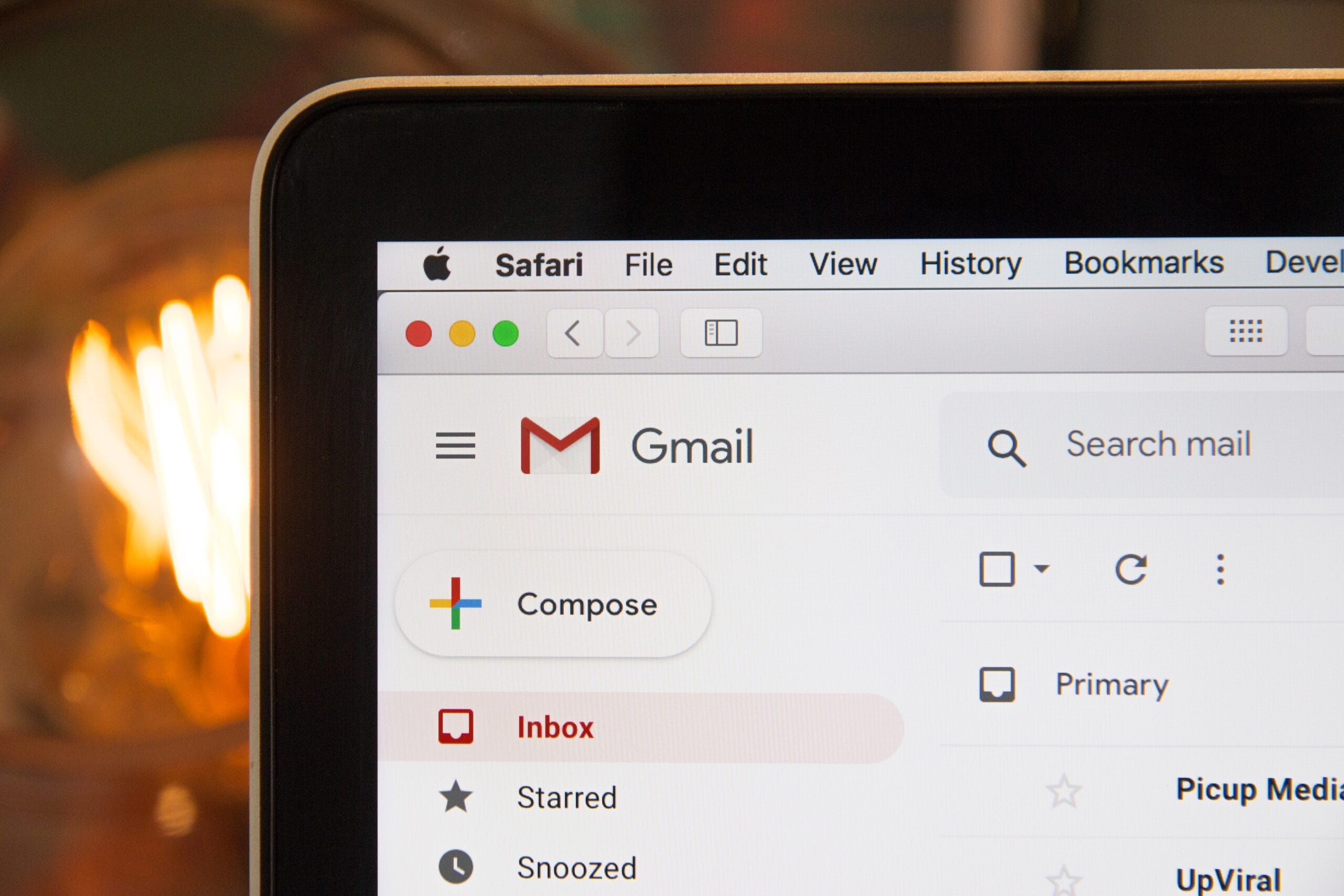On October 3, 2023, Google LLC (“Google”), a multinational technology company, announced that it was implementing new restrictions to further prevent the delivery of unsolicited email marketing to its users. Please note that this is an internal policy change, one that is unrelated to email marketing law regulations. The changes are set to take effect on February 1, 2024.
Email Marketing Law and Google’s Policy Changes
Google announced that “[s]tarting in 2024, we’ll require bulk senders to authenticate their emails, allow for easy unsubscription and stay under a reported spam threshold.” The new Google restrictions apply to any party that sends more than 5,000 email messages (“bulk sender”) to a given Gmail account (a free Google email account) in one day. In connection with the announcement, Google has released email delivery guidelines that “bulk” email marketers should follow to ensure compliance.
Beginning in February, “bulk senders” will need to include a one-click unsubscribe button in the body of all commercial email messages sent to Gmail accounts. All such unsubscribe requests must be honored within two days.
Additionally, “bulk senders” will be required to authenticate that they are the owners of the domains associated with their sending email addresses. In doing so, Google seeks to prevent marketers from being able to “easily hide” or mask their identities. While Google required email marketers in 2022 to go through some form of authentication, Google has decided that further restrictions are necessary to stem the tide of unsolicited commercial email sent to Gmail inboxes. See the updated email delivery best practices, which includes a “clear spam rate threshold that senders must stay under to ensure Gmail recipients aren’t bombarded with unwanted messages.”
What Now?
While this is not a change in the law, it is a change in Google’s Gmail delivery policy; a development that is important to all businesses that engage in email marketing. Simply stated: failure to adhere to the new policy will result in email messages not reaching intended recipients.
Businesses should not wait until February 2024 to implement compliant Gmail policy procedures. If Google is cracking down and implementing new restrictions, it is likely that other email account providers (such as AOL) will soon follow suit.
Email Marketing Laws
Along with abiding by the rules set by Google, businesses that engage in email marketing must also comply with applicable email marketing laws, including the Controlling the Assault of Non-Solicited Pornography and Marketing Act of 2003 (“CAN-SPAM”). Broadly speaking, email marketing laws, such as CAN-SPAM, require that senders of commercial email display accurate email header and subject lines, identify messages as advertisements, include valid physical postal addresses, and provide recipients with the ability to opt-out of the receipt of future commercial email communications.
While there is no private right of action under CAN-SPAM, states, such as Utah and California, allow consumers to bring email marketing claims under their deceptive marketing law statutes.
Businesses that engage in email marketing are advised to hire experienced counsel to ensure that they comply with various email platform company policies, as well as state and federal laws.
If you need assistance with developing an email marketing campaign or if you have been named in an email marketing lawsuit, please e-mail us at info@kleinmoynihan.com, or call us at (212) 246-0900.
The material contained herein is provided for information purposes only and is not legal advice, nor is it a substitute for obtaining legal advice from an attorney. Each situation is unique, and you should not act or rely on any information contained herein without seeking the advice of an experienced attorney.
Attorney Advertising
Photo by Stephen Phillips – Hostreviews.co.uk on Unsplash
Related Blogs:
FTC Settles Email Lawsuit with Unrollme
iOS 15 Implements Changes for Email Marketing to Apple Customers
California Court Issues Major Decision for the Email Marketing Industry




